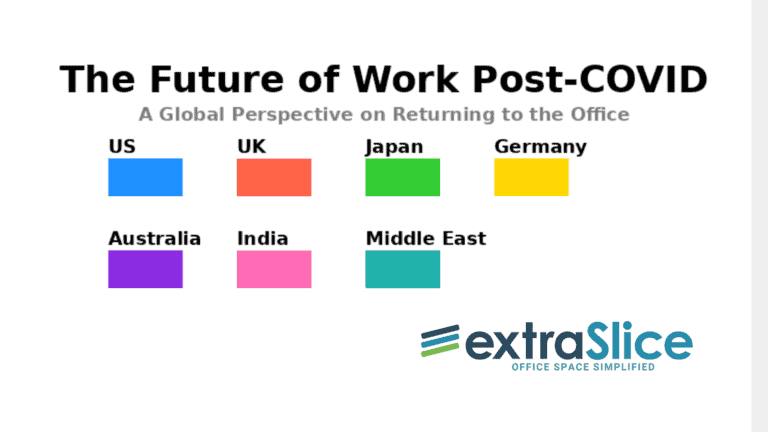Introduction
The shift to remote work during the pandemic brought about a significant change in the global work culture. However, with the world gradually adapting to new norms, many employers are now asking their employees to return to the office. This move has sparked various reactions, with some welcoming it and others questioning the need. This article explores the reasons behind this trend.
Enhancing Collaboration and Teamwork
One of the primary reasons employers are keen on returning to office work is the belief that it fosters better collaboration and teamwork. Face-to-face interactions are often seen as more effective for brainstorming sessions, problem-solving, and building team dynamics. Physical presence can sometimes lead to more spontaneous ideas and a stronger team connection.
Cultivating Company Culture
Company culture is an integral part of any organization. Employers believe that having employees in the office helps in cultivating and maintaining a strong company culture. Shared physical space allows for regular interactions, celebrations, and a sense of community, which can be challenging to replicate in a remote setting.
Monitoring and Productivity
While remote work has proven productive for many, some employers feel that in-office work allows for better monitoring of employee productivity. It offers a structured environment that can lead to more disciplined work habits and minimize the distractions often encountered at home.
Client Interaction and Business Operations
Certain industries rely heavily on in-person client interactions and hands-on activities. Employers in these sectors view the return to office as essential for maintaining the quality of their service and the efficiency of their operations.
Mental Health and Socialization
Another reason is the mental health and socialization aspect. Working from home can lead to feelings of isolation for some employees. Returning to the office can provide a sense of normalcy, reduce feelings of isolation, and improve mental well-being through social interactions.
Challenges of Hybrid Work Models
While hybrid models offer flexibility, they also present logistical challenges in terms of coordinating in-office and remote workers. Some employers find it more straightforward to have all employees on-site to streamline processes and ensure consistency.
Conclusion
The push to return to the office is driven by a combination of factors, including enhanced collaboration, company culture, monitoring productivity, client interactions, mental health considerations, and the challenges of hybrid work models. It’s essential for employers to consider the diverse needs and preferences of their employees while making these decisions. As the world of work continues to evolve, finding a balance that benefits both the organization and its employees will be key to a successful transition.
About ExtraSlice:
Since 2021, we at ExtraSlice have pioneered Work-as-a-Service (WaaS), transforming office leasing with cutting-edge Proptech. We offer a range of workspace solutions, from single-tenant offices to co-tenancy spaces, focusing on flexibility, efficiency, and choice for both tenants and landlords. Our approach is dedicated to modernizing the workplace experience to meet the dynamic needs of today’s businesses.
T o learn more visit: extraslice.com






